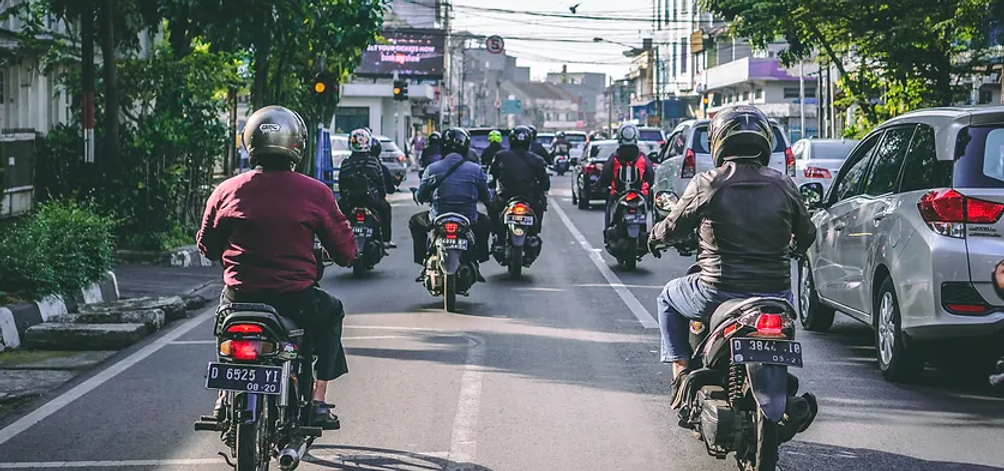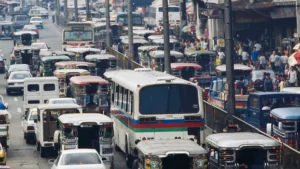
Navigating the Archipelago: Transportation and Logistics Challenges in Indonesia
Introduction
Indonesia, an archipelagic nation comprising thousands of islands, boasts a vibrant economy and a thriving business landscape. However, the country’s unique geography poses significant transportation and logistics management challenges that impact businesses across various sectors. In this article, we will explore these challenges and discuss what the future holds for transportation in Indonesia.
Challenges Unique to Indonesia
- Island Geography: Indonesia’s vast archipelago is scattered across 17,000 islands, making transportation and logistics a complex endeavor. Connectivity between these islands is often limited, leading to delays and increased costs for businesses trying to move goods efficiently.
- Infrastructure Deficits: While major cities like Jakarta and Surabaya boast modern infrastructure, many regions lack adequate roads, ports, and airports. This infrastructure deficit hinders the smooth flow of goods, particularly in remote areas.
- Traffic Congestion: Urban centers like Jakarta suffer from crippling traffic congestion, causing delays in the delivery of goods and services. This not only impacts operational efficiency but also contributes to increased pollution and higher transportation costs.
- Regulatory Challenges: Complex regulations and bureaucracy can create hurdles for businesses seeking to navigate the transportation and logistics landscape. These challenges include customs procedures, permits, and varying rules across different regions.
Impact on Businesses
The unique transportation challenges in Indonesia can significantly impact businesses operating within the country:
- Increased Costs: Delays, inefficient routes, and infrastructure deficits result in higher transportation costs, which are ultimately passed on to consumers. This can reduce a company’s competitiveness.
- Supply Chain Disruptions: Unpredictable transportation conditions can disrupt supply chains, causing shortages, stockouts, and delays in production, ultimately affecting revenue and customer satisfaction.
- Market Expansion Delays: Businesses looking to expand into remote areas often face difficulties due to poor infrastructure and connectivity. This can slow down market penetration and growth.
The Future of Transportation Challenges
The Indonesian government is actively addressing these challenges. Initiatives include infrastructure development, improving regulatory frameworks, and promoting public-private partnerships. Additionally, the rise of digital technology and e-commerce is driving innovation in last-mile delivery and supply chain management.
However, businesses must prepare for ongoing transportation challenges. To thrive in this dynamic environment, companies should invest in robust supply chain optimization tools, explore alternative transportation options such as sea and rail routes, and establish contingency plans to mitigate disruptions.
In conclusion, Indonesia’s transportation and logistics challenges are unique due to its island geography and infrastructure deficits. While the government is taking steps to address these issues, businesses must proactively adapt to the evolving transportation landscape to ensure long-term success in this vibrant market.
Zyllem, a transportation management software solution chosen by leading enterprises in Indonesia such as Informa and APL, enables companies overcome ever-changing challenges in logistics by helping companies digitize, track, operate, and optimize their entire logistics distribution network, whether that includes their own fleet of trucks or vehicles, and/or 3PL logistics providers.



